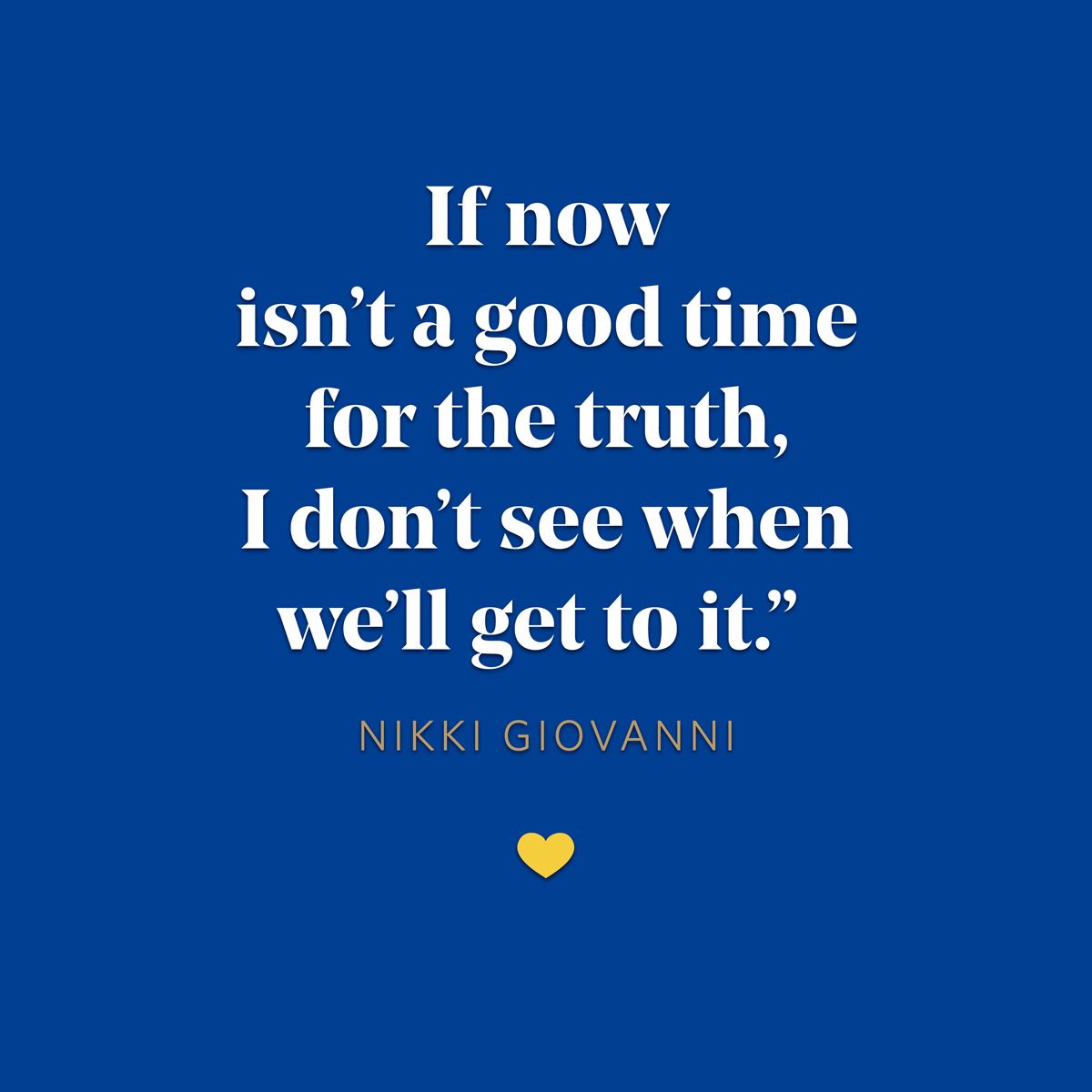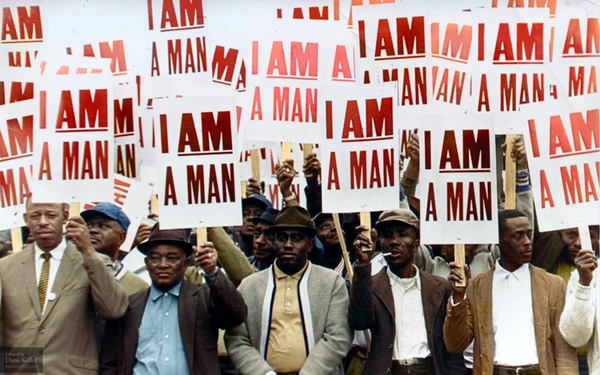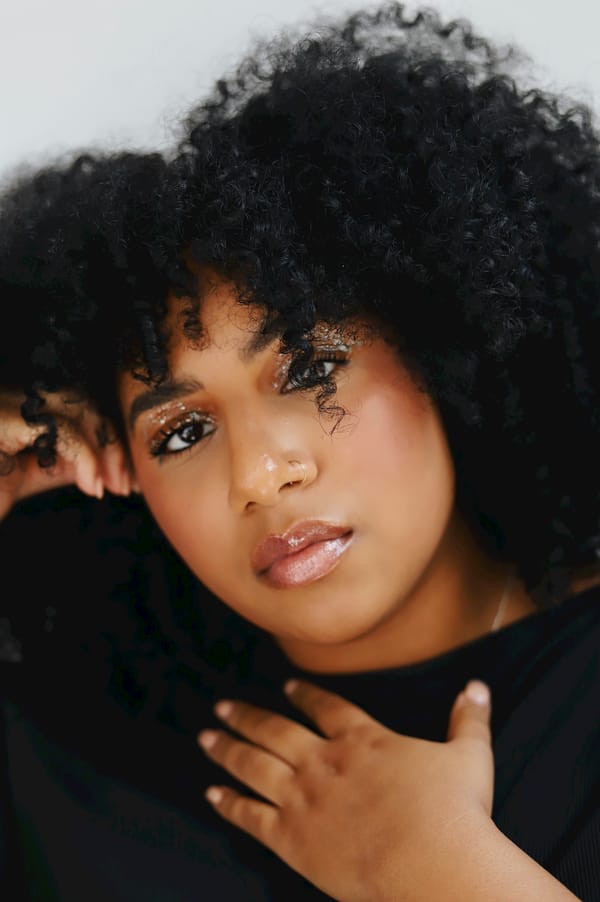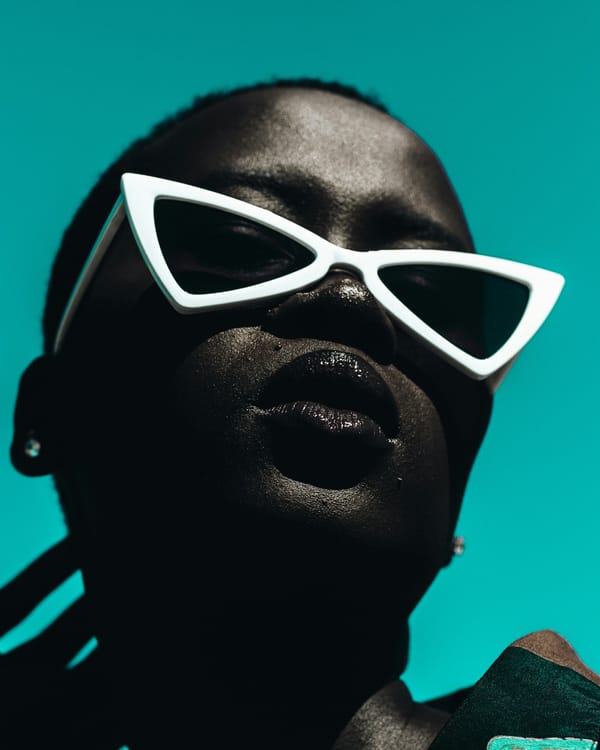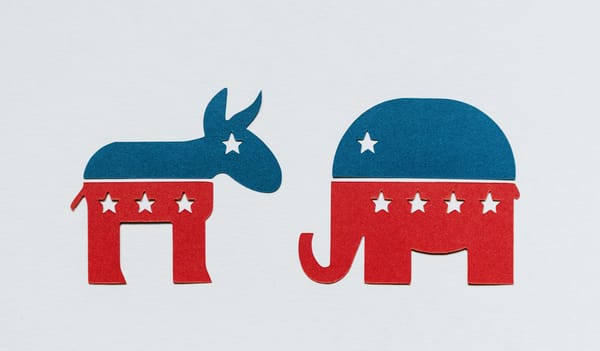Editor’s Letter
Tough call this week. The killing of Tyre Nichols or Florida’s ban on the College Board’s Advanced Placement African American history course.
The beating and subsequent death of Tyre Nichols is the result of a system long gone off its rails. Obviously, would that no one should die a violent death at the hands of police. The second I heard of the incident, I knew the victim was Black and so did you.
How did we know? Easy. In this country, white suspects are almost always brought in without incident or injury. And if they’re lucky, they get a trip to Burger King en route to the station.
But that all five law enforcement officers were summarily fired last week struck me as extraordinarily quick for an incident involving LEOs accused of beating a Black person. I wondered why this case warranted such unusually swift and sure actions by a police department and city against their own.
Then the other shoe dropped.
All. Five. Cops. Are. All. Black.
This week, the five former Memphis officers are facing murder and other charges and have been arrested.
Boom.
Anyone else noticing the double standard in holding Black and white officers accountable? To be clear, I am not suggesting the five Memphis officers should have been put on “paid administrative leave pending the investigation.” But the quickness with which these officers are being held accountable should be the rule, not be the exception.
The situation begs the question of white folks: would your desire that these police officers be prosecuted to the fullest extent of the law burn as hot if they were white police officers? No need to puff up or get the vapors, your conscience already knows the answer.
Love one another.
Clay Rivers
OHF Weekly Editor in Chief
NEW THIS WEEK
On Practice and Grace

I decided to learn the bass when my youngest son was born. It has been a difficult process because learning an instrument in your forties is no small feat. My body is not as fluid as it was as a child and there’s not as much time to become proficient, so I practice more intensely than I might have as a youth. That payed off recently when I wrote and performed an arrangement of Peter Maxwell Davies’ “Farewell to Stromness” in front of an audience.
I think about practice a lot: writing, music, even raising children. As I watch my children grow, I realize everything is a practice.
“I can’t do this!” They shout, throwing up their hands in frustration and abandoning attempts to draw a picture of a dragon.
“Of course, you can’t,” I say. “You’ve only started drawing. You just need more practice.”
I try to teach that it’s natural to fail, that failure is a part of practicing, and since we have to practice every single thing we do, we also fail at every single thing we do.
“When you were a baby,” I tell them, “you didn’t even know how to chew your food. You had to learn that. You don’t remember, but you practiced every day just by trying to eat. Just like you had to practice walking, and holding a crayon, and drawing on paper, and now drawing a dragon. You practice everything, you make mistakes, and you learn. That’s how you get better.”
They don’t get it. They’re too young, and it’s something even adults struggle with. We all understand what practice is, but forget that it pertains to everything. Somewhere along the way, practice becomes something we only do in things like music or sports. Mundane activities like “talking with people” are certainly not something we think about as requiring practice. As a whole, adults don’t “practice” things, we are supposed to just do things the right way the first time.
Read the full article at OHF Weekly.
Write with Us

Our Mission
OHF Weekly (Our Human Family Weekly) is the newsletter of Our Human Family, Inc., a 501(c)(3) nonprofit corporation with the vision to foster conversations about racial equity, allyship, inclusion, and equality. Our goal is to unite the world by dispelling the lie of race and the practice of racism and replacing them with the truth of love and racial equity.
Our Message
Articles published in OHF Weekly fall under this vision of racial equity, with well-written, fresh, lively, and human-centered creative nonfiction stories that give our readers a deeper understanding of the myriad manifestations of the human spirit.
To submit a draft to us for possible publication, follow these instructions:
(Read the full article at OHF Weekly)
Final Thoughts
